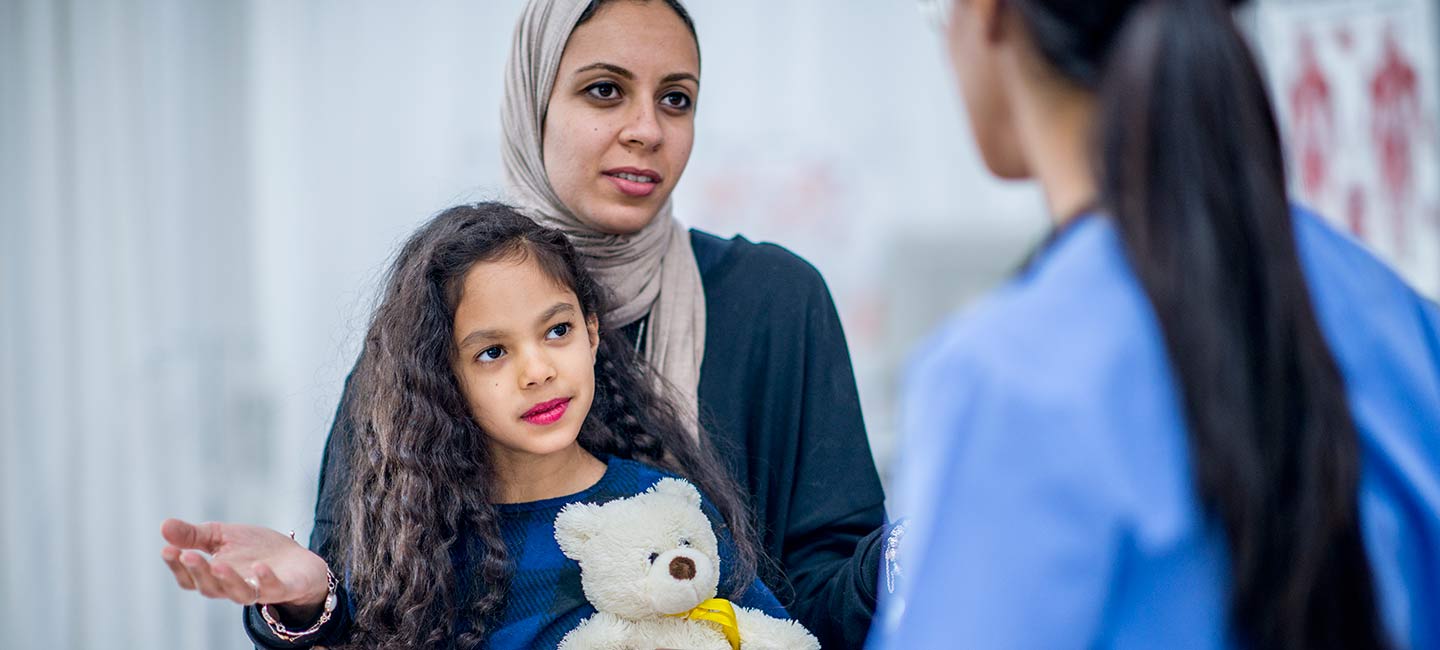April Is National Minority Health Month – Become a Partner for Health Equality
In April of each year, National Minority Health Month is observed to raise awareness about the health disparities that persist among racial and ethnic minority populations in the United States. Cancer affects population groups differently, with minority groups bearing a greater burden than non-minority groups. For instance, black people have the highest cancer mortality rates compared to any other racial group. According to the American Cancer Society, much of this difference can be attributed to factors such as poverty and a lack of access to preventive and treatment services.
The theme of National Minority Health Month for 2019 – Active & Healthy – emphasizes the role of partnerships at the national, state, tribal and local levels in improving the health of people and communities across America. The goal of this important initiative, which is spearheaded by the U.S. Department of Health and Human Services – Office of Minority Health (OMH), is to highlight the ways in which legislation, policies and programs can help to advance health equity.
The social determinants of health and well-being
Think about how your surroundings can directly influence your overall well-being. The places where individuals are born, grow, live, work, play, learn and age can have a significant impact not only on their own health outcomes but also on the health outcomes of their families and communities. Unfortunately, not all communities are equally equipped to support the optimal health and vitality of its members. At-risk and underserved communities are most vulnerable to an unequal cancer burden. This needs to change.
Throughout the month of April, the OMH will focus on partner initiatives in communities to address the social determinants of health. From federal agencies and national partners to grantees and community-based organizations, OMH is proud to recognize its partners from sectors such as health, education, employment, housing, transportation, nutrition and justice in its efforts to end disparities in health once and for all.
Moffitt Cancer Center firmly believes that by addressing the social determinants of health head-on, we can strengthen the foundation of better health for everyone. We partner directly with individuals and nearly 200 organizations, such as social service, healthcare and faith-based organizations to help create an environment that supports cancer prevention and early detection in the community.
M-POWER, Moffitt’s community outreach group, was formed in 1999 and increases community awareness of the benefits of early detection through workshops and free or low cost screening services. The education and outreach help individuals achieve their full health potential, regardless of their income, education or ethnic background. Moffitt’s long history of working to eliminate cancer health disparities and promoting health equality is directly linked to our commitment in valuing the similarities and differences in our community members and patients as we strive to contribute to the prevention and cure of cancer.



